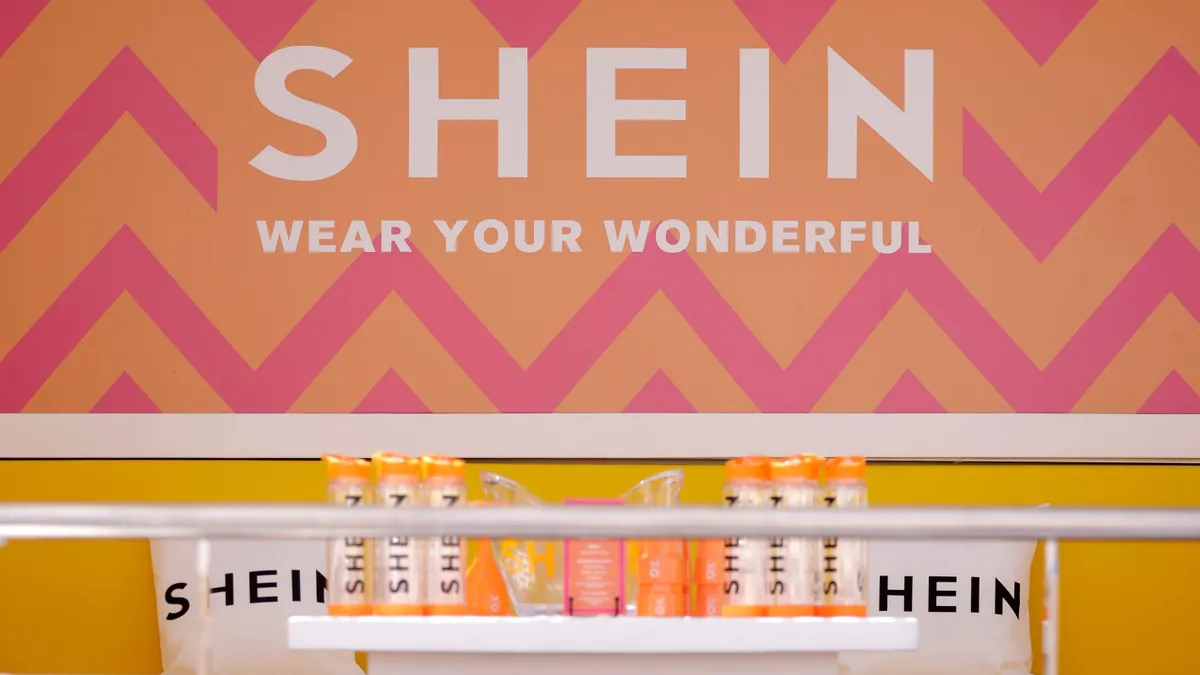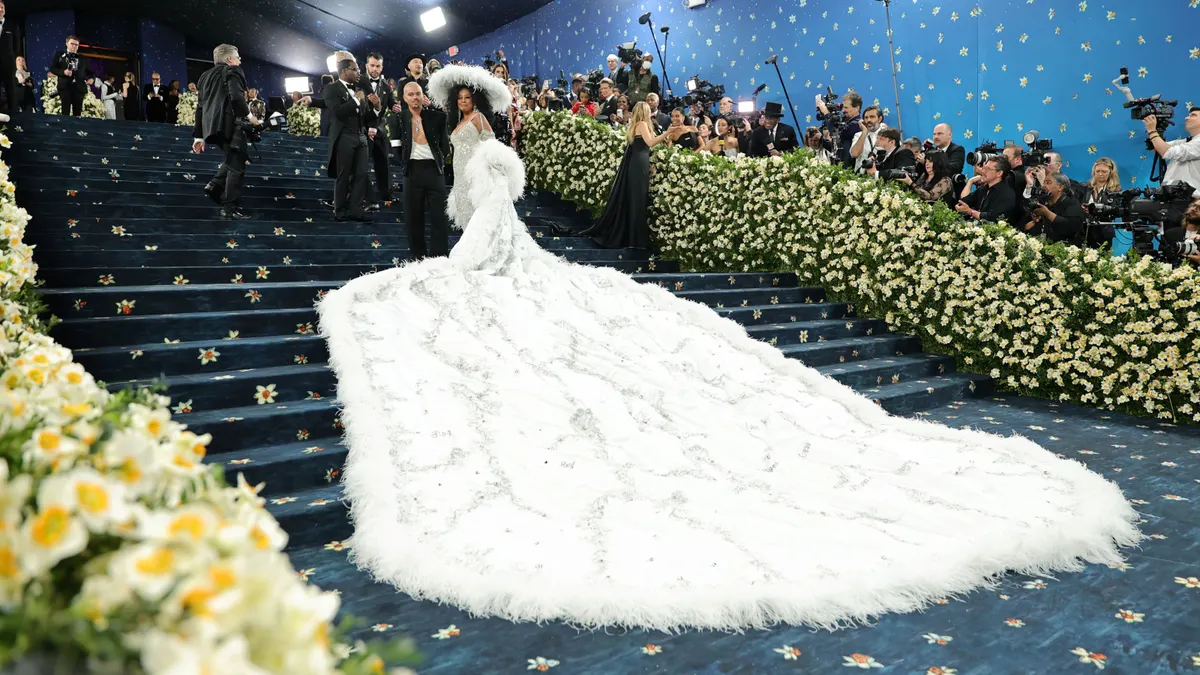Dive Brief:
- Shein spent $600,000 on lobbying efforts in the second quarter of 2023, according to a federal filing last week.
- The money marks a significant boost from the $230,000 the company spent on lobbying in the first quarter of the year, according to data from OpenSecrets.
- The news comes as Shein faces increased pressure from United States lawmakers this year, including an investigation into its labor practices and calls for the Securities and Exchange Commission to halt a potential Shein initial public offering.
Dive Insight:
The increased spending in Washington could signal that Shein is seeking to gain the trust of lawmakers and the public before potentially filing its IPO.
“For over a decade, SHEIN has provided accessible and affordable apparel and lifestyle products to Americans across the country, and we're proudly expanding our business and operations in the U.S.,” a Shein spokesperson said in an email to Fashion Dive. “As a member of the business community in America, SHEIN will engage policymakers and participate in discussions that will help us continue to add value to the American economy, support our American workers, and bring industry-wide benefits to consumers.”
Shein denied that it filed an IPO in June, despite a report from Reuters claiming it had. The Singapore-based company has reportedly been eyeing such a move for months and has raised $2 billion in funding tied to the IPO prospect.
In May, a bipartisan group of lawmakers wrote a letter to the SEC asking it to halt Shein’s potential IPO until it confirmed it did not use forced labor in the manufacturing of its products. It cited a Bloomberg report earlier this year which stated Shein had used materials made in China’s Xinjiang province, a region where China had been accused of detaining more than 1 million Uyghur people. Shein denied this.
Shein’s labor practices are also subject of a U.S. House Select Committee investigation. Shein, as well as Temu, Adidas and Nike, are being asked to detail their compliance with a 2021 law, the Uyghur Forced Labor Prevention Act, which bans products from Xinjiang region in China.
Preliminary findings in the investigation showed that both Shein and its fast fashion rival Temu avoid certain import tariffs due to their low-priced products. The investigation said this was due to the de minimis provision of the Tariff Act of 1930, which mostly exempts packages worth less than $800 from being reviewed. The policy disproportionately benefits these retailers because their average products sell for just $11 and are shipped individually, directly to consumers.
Lawmakers are seeking to close this de minimis loophole with the Import Security and Fairness Act, which has been introduced to Congress.











